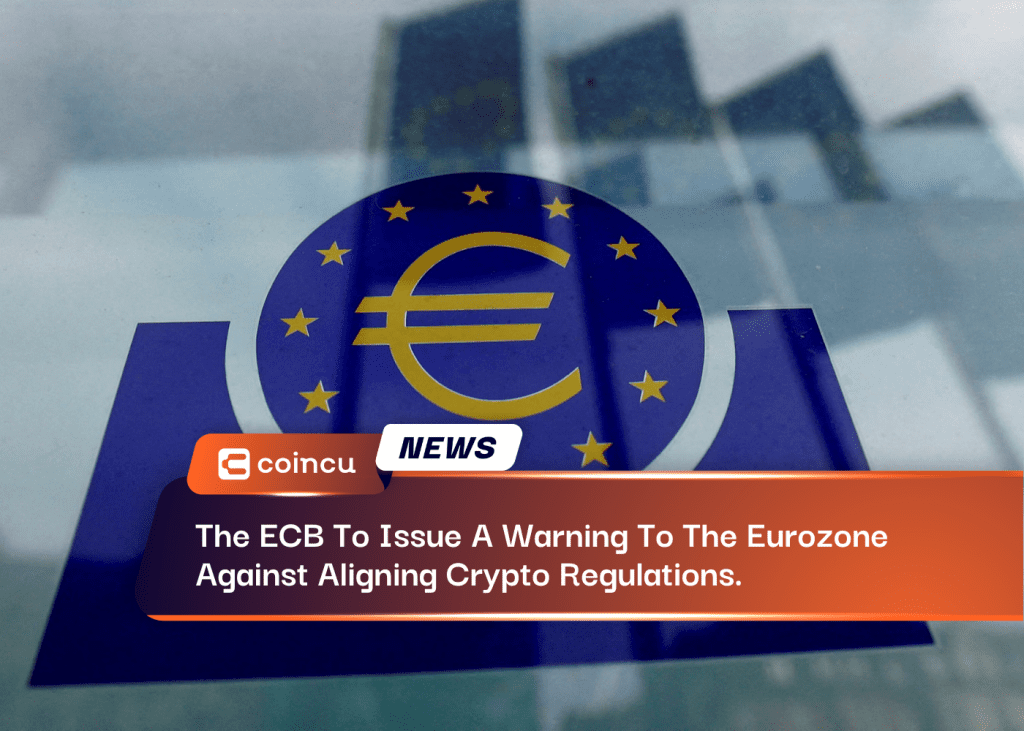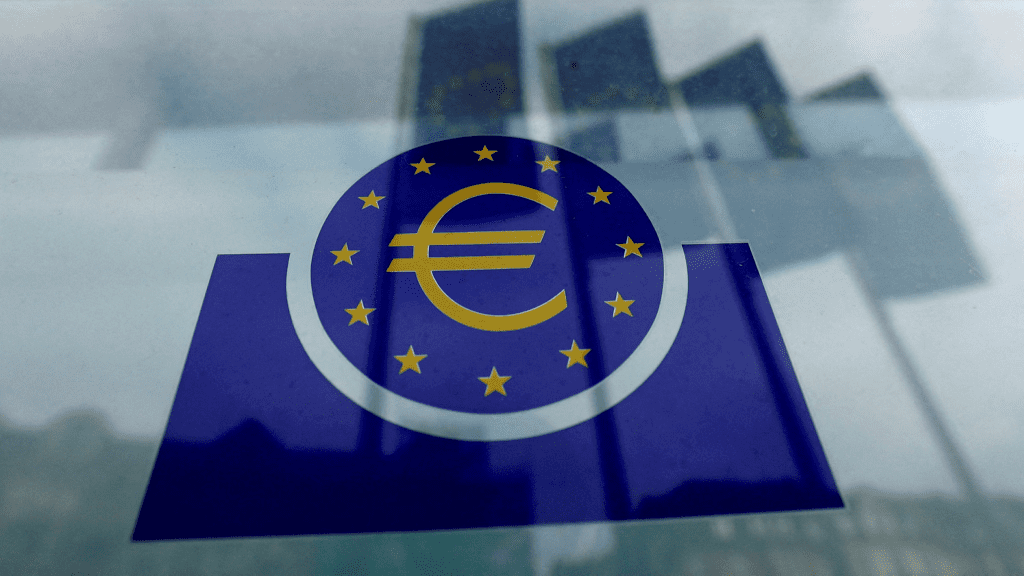Following the European Central Bank (ECB) president’s requests for stronger monitoring in cryptocurrency staking and lending, as well as the completion of the Regulation on Markets in Crypto-Assets (MiCA) rules, the regulator’s worry remains, and a warning is likely.
Indeed, the ECB intends to issue a stern warning to eurozone countries this week about the perils of national regulators potentially getting ahead of the MiCA law, which isn’t due to take effect until 2024, according to Laura Noonan of the Financial Times.
In fact, the MiCA rules are set to become law in 2023, with full implementation planned over the next 18 months. Their primary function, according to reports, is to defend investors’ and consumers’ interests in the crypto market and its important assets, such as Bitcoin (BTC), which have suffered significant losses.
According to people familiar with the process, the warning will be delivered at the ECB’s supervisory board meeting on July 5 and will demand for the harmonization of various laws before the EU-wide agreement becomes law.
According to a country-level regulator in one eurozone country, the situation is challenging because national regulators have a dilemma:
“It’s very challenging. (…) With MiCA 18 months away, are you better to say, ‘until it’s in, do what you like, there’s no regulation,’ or are you better to try to get a handle on it?”
According to the FT report, another national regulator stated that as industry pressure builds, national authorities will “need to come up with answers.”
Some banks have asked for clarification on what activities they can safely engage in, and some crypto businesses have argued for a more relaxed approach, while others have advocated for increasing the industry’s legitimacy through regulation.
Richard Gardner, CEO of crypto exchange solution company Modulus, in particular, reacted on the impending warning, saying:
“It makes sense that the ECB would want to prevent a collection of national laws on cryptocurrencies. For one thing, it could lead to operators shopping for favorable jurisdictions. Beyond that, it will create confusion for multinational operators, and it could create an uneven playing field within the EU.”
On the other hand, he sees MiCA’s “coming so far” as a promising indication and believes that “financial institutions need to understand what they can do and how they can securely and legally engage,” according to Finextra on July 4.
Notably, Coincu reported in late June on ECB President Christine Lagarde becoming the first person to specifically demand better monitoring of staking and lending activities in decentralized finance (DeFi), which she noted were “definitely increasing.”
DISCLAIMER: The Information on this website is provided as general market commentary and does not constitute investment advice. We encourage you to do your own research before investing.
Join CoinCu Telegram to keep track of news: https://t.me/coincunews
Follow CoinCu Youtube Channel | Follow CoinCu Facebook page
Patrick
CoinCu News







